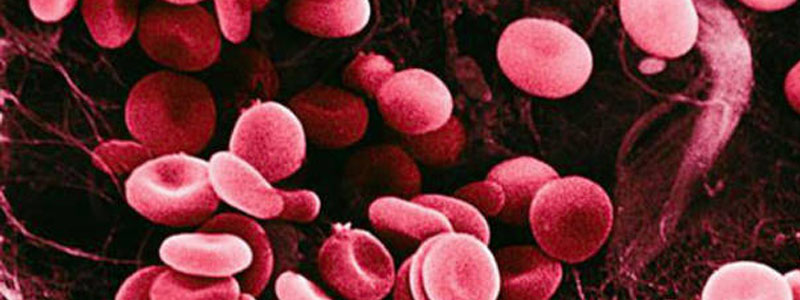Teams from AP-HP in collaboration with Institut du Cerveau – ICM researchers (Inserm/CNRS/UPMC) and CNRS-derived startup Metafora Biosystems have developed a diagnostic blood test for De Vivo disease, a rare yet treatable neurological illness.
De Vivo disease, also known as GLUT-1 deficiency syndrome, is most often characterized by developmental delay, epilepsy and/or motor skill disorders in children. It has been described in children, with abnormal movement, as well as adults. Based on estimated prevalence of 1 in 83,000 individuals in the Danish population, an estimated 800 individuals are affected in France, with roughly one hundred diagnosed. Once patients are diagnosed, they have access to metabolic therapy that eases symptoms.
Dr Fanny Mochel from AP-HP Pitié-Salpêtrière Hospital, in collaboration with teams from various AP-HP hospitals (Bichat, Raymond-Poincaré and Robert-Debré) and the Brain and Spine Institute (Inserm/CNRS/UPMC), developed a simple and rapid (under 48 hours) diagnostic blood test for De Vivo disease with startup Metafora Biosystems. Currently, diagnosis is complicated by the fact that it relies on invasive lumbar puncture and complex genetic analysis.
In this study, blood samples from 30 affected patients with profiles varying in age and symptoms were analyzed. Results were compared with 346 samples from control subjects and showed that the test is significantly conclusive, with a 78% diagnosis rate including patients for whom genetic testing was insufficient for diagnosis.
Based on these results, researchers recommend including this test in a clinical routine in all neuropediatrics and neurology units. They suggest that the test’s ease of use may increase the number of identified patients in France.
Thanks to this innovative blood test, screening for the disease will be possible in all patients exhibiting intellectual deficiency and/or epilepsy and/or gait disorders. Treatment considerably alleviates symptoms, eliminating epileptic seizures, for example. Efficacy is increased when treatment is started early on, underlining the importance of early diagnosis.
Source : A simple blood test expedites the diagnosis of GLUT1 deficiency syndrome. Domitille Gras, Christelle Cousin, Caroline Kappeler, Cheuk-Wing Fung, Stéphane Auvin, Nouha Essid, Brian Hy Chung, Lydie Da Costa, Elodie, Hainque, Marie-Pierre Luton, Vincent Petit, Sandrine Vuillaumier-Barrot, Odile Boespflug-Tanguy, Emmanuel Roze, Fanny Mochel. Ann Neurol. 2017 May 26. doi: 10.1002/ana.24970.







